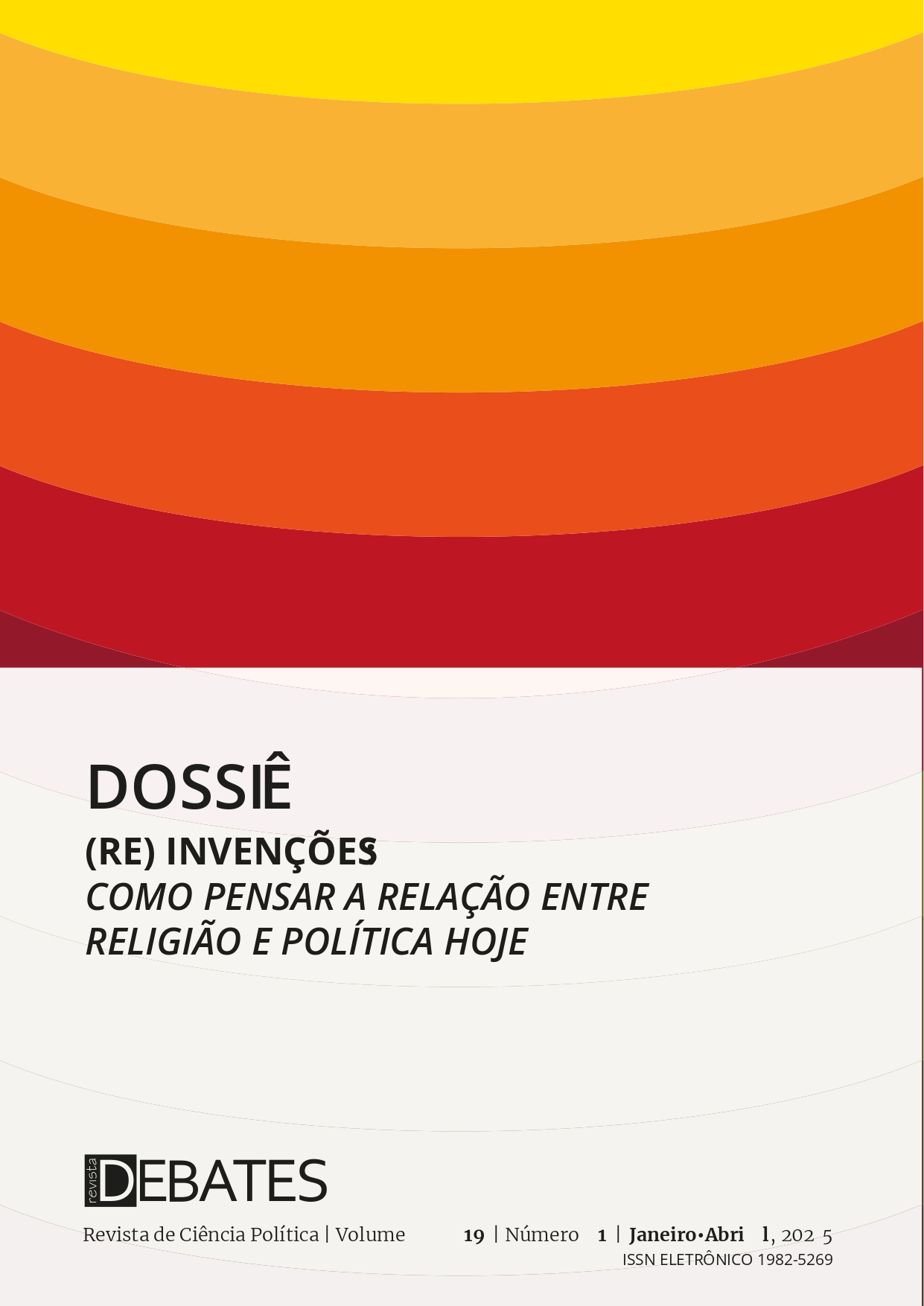Limits to freedom of expression in religious discourse
DOI:
https://doi.org/10.22456/1982-5269.142426Abstract
Religious freedom has been invoked as a way of immunizing speech that violates fundamental rights. In order to tackle this issue, the research problem of this paper is: under what circumstances can the State intervene in religious discourse? This is a qualitative, normative study that seeks grounds from specialized literature and Supreme Court’s caselaw for proposing criteria to help identify the hypotheses in which State interference is legitimate. Based on Rudas' proposition, I adopt the concept of secularism as a commandment of non-domination as the theoretical reference for this work. In summary of the results obtained, I identify ways of limiting religious discourse which, instead of focusing on content, focus on three essential criteria: who speaks, where they speak, and how they speak.
Keywords: Freedom of Expression; Religious Freedom; Secularism; Religion; State.



